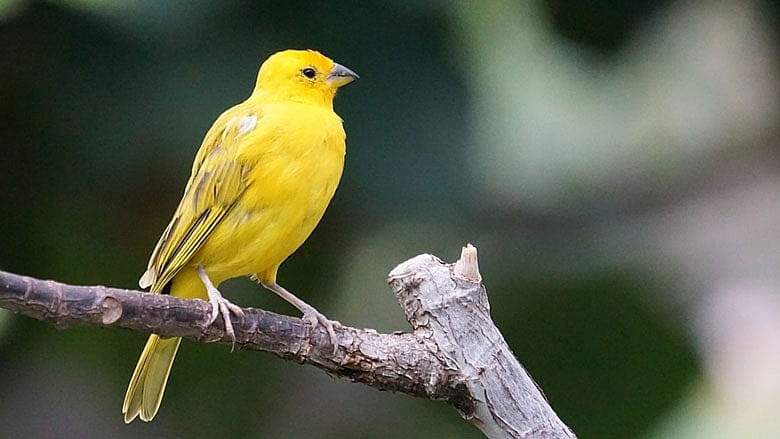The servitude of unbounded freedom

Among the most pressing questions we face as a civilization is the meaning of freedom and how it applies to our everyday lives: Is freedom merely the license to do as one pleases, or is it something more complex, an idea interconnected with virtue and responsibility? Can freedom exist in a vacuum?
The answer to these questions will direct the course we take as a culture and shape the type of society in which we will live. It is among the fundamental questions of our age.

